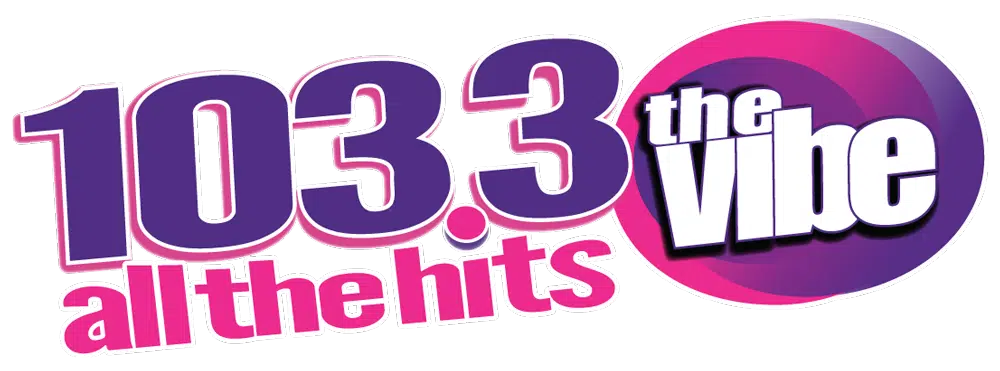(BPT) – Patient registries are a way for researchers to collect data outside of clinical trials to increase understanding of the natural history of a particular condition. The data are used to study outcomes, monitor best practices within the framework of the standard of care, and accelerate the development of new treatment options. Classic CAH is a rare, genetic condition with multiple hormone abnormalities and complex symptoms affecting many organs, including the body’s ability to maintain homeostasis or balance in response to stress. The real-world data found in patient registries are especially important for rare conditions such as classic CAH where such data is limited. The CAHtalog™ (Congenital Adrenal Hyperplasia: Patient and Clinical Outcomes in Real-World Practice Settings) Registry aims to support patient-centered research, by creating a database for use in research to enhance the scientific community’s foundational knowledge of classic CAH, and ultimately help patients who live with the condition.Advancing Research in Classic CAHTo develop new treatments for classic CAH, researchers and scientists require an in-depth understanding of how the condition and the current treatment options impact patients and caregivers. Due to the complexity of treating classic CAH and because the condition is rare, adequate long-term data are lacking. Therefore, more complete and central data collection of standardized, research-ready information is needed to better understand the disorder and how to best manage it.Standard registries require someone from a clinician’s office to enter patient data of interest from charts. In contrast, the CAHtalog™ Registry is a direct-to-patient registry that uses technology that enables data to be captured by extracting the relevant data from a patient’s charts. With the real-world data provided through patient medical records, researchers gain a better understanding of the condition as patients receive routine care from their doctors.Researchers can use this data to understand how classic CAH progresses, how it is typically monitored and managed, and how current treatments can impact clinical outcomes of interest in these patients. All this information provides important context on the natural history of the condition that is invaluable for developing new treatment options, especially for a rare disease like classic CAH.“Registries like this one are of crucial importance to researchers working to advance the treatment of conditions such as CAH,” said Karen Lin Su, M.D., Medical Director at the CARES Foundation. “The data provide the most realistic window into the needs that we are looking to solve. Participation helps to further research for the CAH community, contributing to advancements in care that can impact generations.”Coming Together for a CauseCARES Foundation, Neurocrine Biosciences, Inc, and PicnicHealth are committed to furthering the understanding of classic CAH and fostering the development of new treatment options, an endeavor that requires a greater understanding of both the disease and its impact on the lives of patients and caregivers.CARES recognized the need for data compilation and saw an effective pathway to establish a patient-centered registry through collaboration with Neurocrine Biosciences and PicnicHealth.CARES, a non-profit organization solely dedicated to those impacted by CAH, supports CAH research and has helped plan and implement the registry.Neurocrine Biosciences, a biopharmaceutical company, is sponsoring the registry to support the scientific and medical communities in increasing their understanding of CAH.PicnicHealth, an innovative electronic health records company, uses its research platform to collect and encrypt patients’ medical records when they enroll, structure the anonymized data for use by researchers, and provide patients with access to their consolidated records.Most importantly, patient participation in research initiatives like this one may play an essential role in advancing CAH treatment and care.Benefits to YouNot only may the CAH community benefit from your participation, but you will have ready access to your digital medical records following enrollment. Specifically, PicnicHealth will digitize and encrypt all your medical records and arrange them into a timeline, which you’ll be able to access and share with your medical providers to help inform future care. Additionally, you can earn up to $150 per year with the completion of optional surveys.How Do I Sign Up?Adults and children living with classic CAH who have received care in the U.S. can visit picnichealth.com/CAH to enroll in just a few minutes. Contributing to the registry is simple and does not involve medical tests, study medications, or in-person visits.With your consent, PicnicHealth will gather and de-identify your medical history and compile it with information from other participants to create a valuable resource for researchers. Your personal information will never be shared with researchers—only aggregated anonymized data is shared—and PicnicHealth uses advanced technology and processes to keep your information safe.“Signing up for the CAHtalog Registry was very simple, and I am proud I was one of the first to join,” said Lesley Holroyd. “It is so fulfilling to know that I am contributing to research that could one day benefit me and other people living with CAH.”To learn more about the CAHtalog™ Registry and to sign up, visit picnichealth.com/CAH.©2022 Neurocrine Biosciences, Inc. All Rights Reserved. CAP-PIP-US-0006 12/2022
How People Living with Classic Congenital Adrenal Hyperplasia (CAH) Can Help Advance Research














